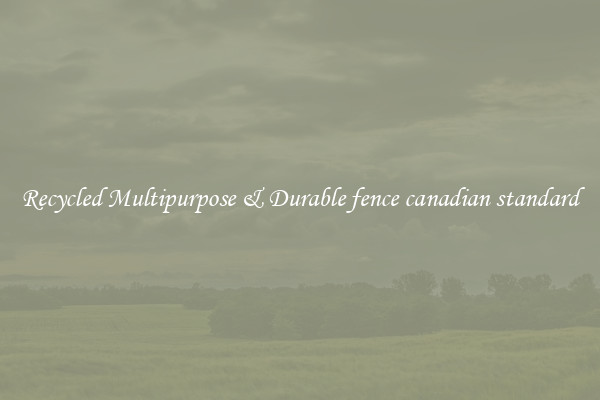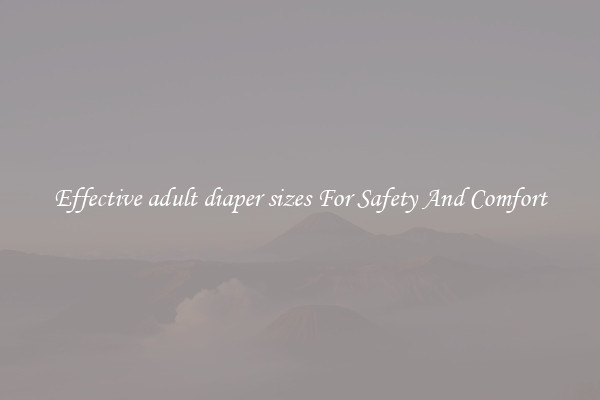Wholesale passivation of steel Standard DIN Mil-Spec Micro
Wholesale passivation of steel is a critical process in the manufacturing industry that ensures the durability and longevity of steel products. It is particularly important for industries that use steel in corrosive environments or for products that require high strength and resistance to corrosion.
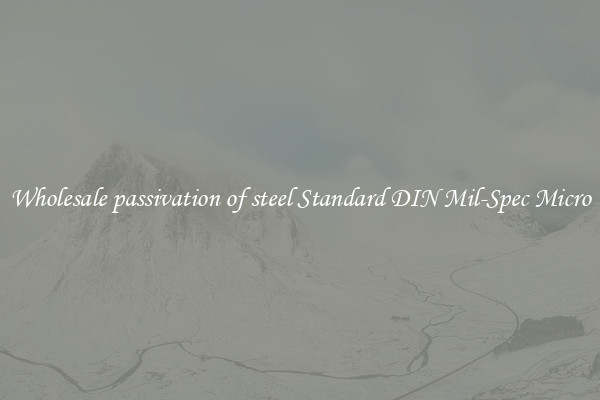
One widely recognized standard for the passivation of steel is the DIN-Mil Spec. This specification, developed by the German Institute for Standardization (DIN), lays down the requirements for the passivation process to achieve optimum results.
Passivation involves removing iron and iron oxide contaminants from the metal surface, which could otherwise lead to corrosion over time. The DIN-Mil Spec standard ensures that the passivation process is conducted to a high standard, guaranteeing the quality and reliability of the end products.
To meet this standard, the steel is subjected to a series of cleanings and chemical treatments. The specific chemical used for passivation depends on the type of steel and the intended application. The goal is to remove any impurities that may have been introduced during manufacturing, such as oils, grease, and particles, as well as any surface contamination that could hinder the formation of a protective oxide layer.
The passivation process recommended by the DIN-Mil Spec standard involves a series of steps. First, the steel is thoroughly cleaned using a suitable alkaline cleaner. This removes any organic contaminants and prepares the surface for the next stage. After cleaning, the steel is rinsed thoroughly to ensure all traces of the cleaner are removed.
Following the cleaning process, the steel is subjected to an acid treatment, typically with nitric acid or citric acid. This step removes any stainless steel impurities and encourages the formation of a passive oxide layer on the surface of the metal, which enhances the steel's corrosion resistance.
Once the acid treatment is complete, the steel is rinsed again to remove any remaining chemicals. Finally, the steel is dried using hot air or the application of dry nitrogen gas.
By adhering to the DIN-Mil Spec standard, wholesale passivation ensures that the steel products meet the highest quality standards and perform reliably in demanding applications. The standard also provides guidelines for testing the effectiveness of the passivation process, ensuring that the desired results have been achieved.
In summary, wholesale passivation of steel according to the DIN-Mil Spec standard is crucial for ensuring the durability and corrosion resistance of steel products. By following the specific requirements laid down in the standard, manufacturers can guarantee the quality of their products and provide reliable solutions to industries that rely on high-quality steel.

View details
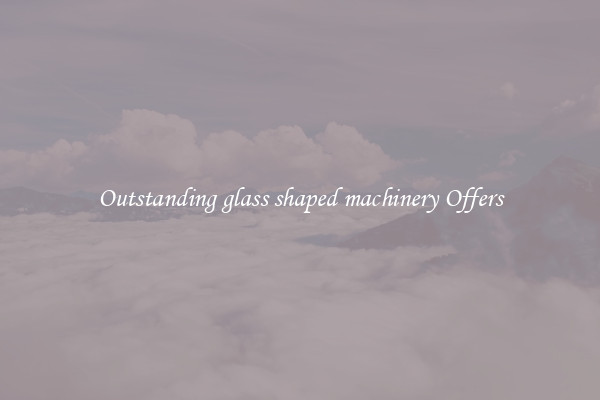
View details
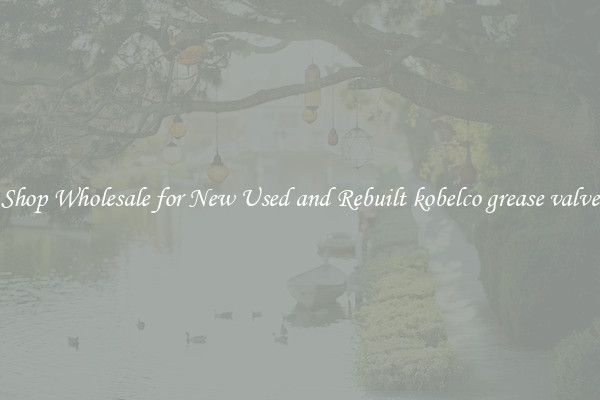
View details
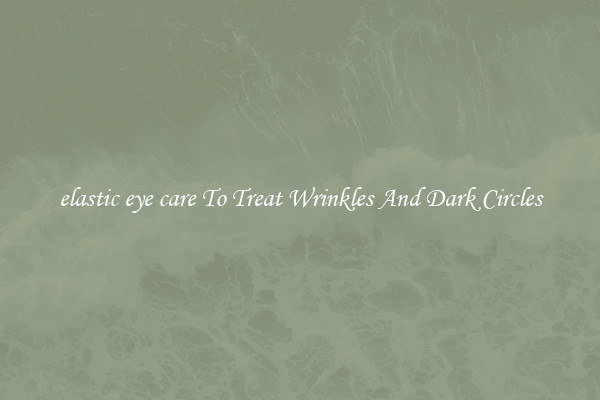
View details
